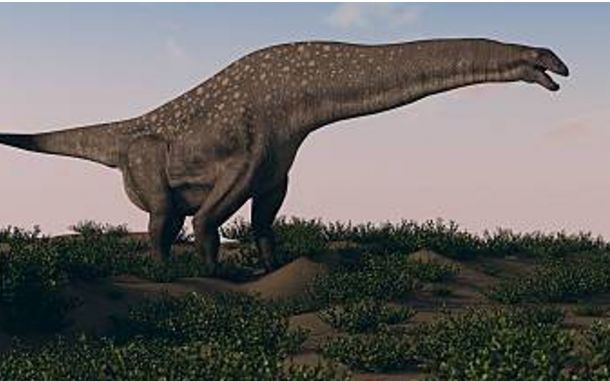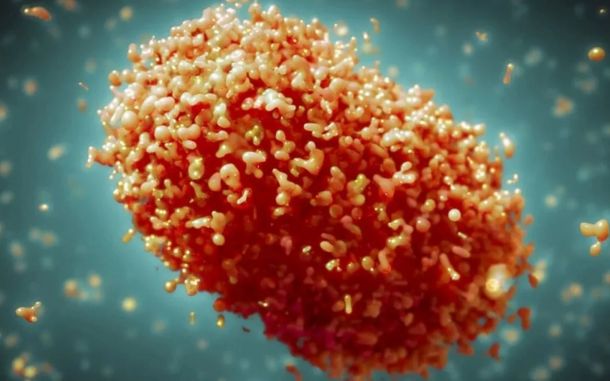Is the cosmos a balloon or a bubble?

Figuring out the boundaries of our cosmos – The idea of space continuing forever is perplexing, not least because ideas like infinity are difficult for our minds to process. But maybe it simply seems infinite because it is always increasing. This is one hypothesis put out by physicists and planetary scientists.
Although the universe is 13.8 to 14 billion years old, because to its ongoing expansion, we can see 46 million light years in all directions. The cosmos would then have a point or edge that might be reached if time were to be stopped, and thereby the expansion as well. Dr. Sheila Kanani, a teacher, presenter, and planetary scientist, suggests picturing a balloon to help understand this idea. Imagine living on the surface of this balloon’s inside in a two-dimensional space. The balloon represents the cosmos, and as more air is pushed into it, you can see the universe’s space or surface area expanding and every point on it moving apart from one another.

What will happen to our universe when this expansion comes to an end is a further concern raised by this. According to New Scientist, many theoretical physicists think the universe could end between 2.8 and 22 billion years from now, so we probably won’t live to see what happens. On the website HowStuffWorks, the concept of a “Big Crunch” is described as one of numerous potential outcomes for our universe. A singularity—an infinitely dense point like the one from which the universe first came into existence—could be produced by a Big Crunch, which would reverse the Big Bang and cause matter and space-time to collapse in on itself.
This concept may be related to the multiverses, or numerous universes, that are likely to exist. It’s possible that the universe we live in will expand, then crunch into a massive crunch, triggering another Big Bang and the creation of a brand-new universe. A bubble comes out of nowhere in a glass of fizzy water that just contains the water itself. The bubble bursts abruptly, and when other bubbles in the water develop and disappear in a similar manner, each one is created with a bang and goes away with a crunch. Therefore, it is possible that our universe and other universes are not born from nothing and expanding into nothing in space, but rather that there is something else where universes are born. Maybe there is something else there in space where universes are produced, and we simply don’t know what it is yet. If so, then our universe and other universes may not be born from and expanding into nothing. Your brain is circling?
Many scientists use balloons and fizzy water to assist us understand these concepts because they are tough for humans to grasp. In a similar way to those bubbles in the water, as soon as we respond to one question, a plethora of others follow that we have yet to address. Though the cosmos may continue to exist forever, hopefully one day we won’t have any more questions about it.
Comment
Leave a Reply Cancel reply
You must be logged in to post a comment.





[…] Source link […]